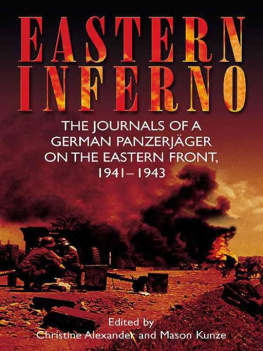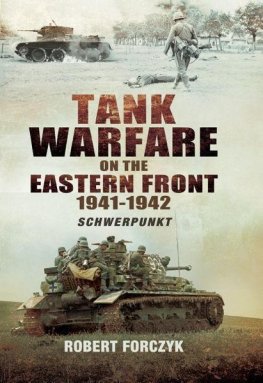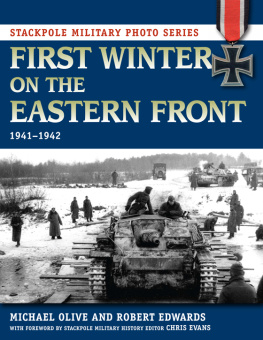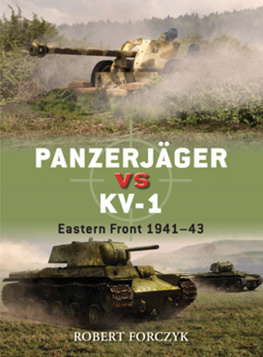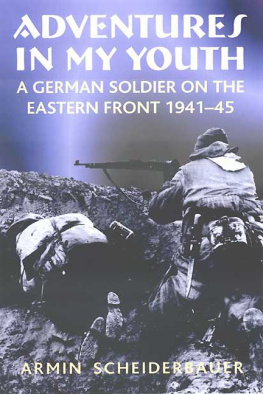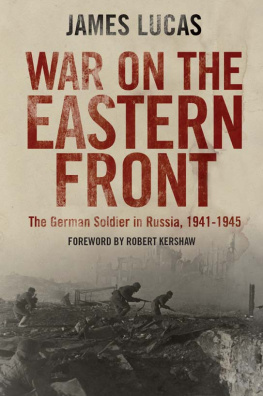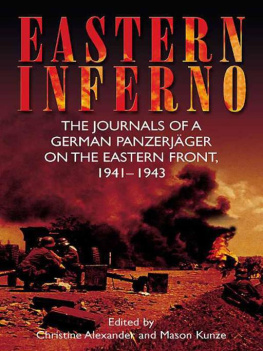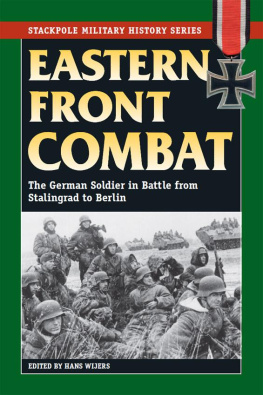
Published in the United States of America in 2010 by
CASEMATE
908 Darby Road, Havertown, PA 19083
and in Great Britain by
CASEMATE
17 Cheap Street, Newbury RG14 5DD
Copyright 2010 Christine Alexander and Mason Kunze
ISBN 978-1-935149-47-7
eISBN 978-1-61200-0244
Cataloging-in-publication data is available from the Library of Congress and the British Library.
All rights reserved. No part of this book may be reproduced or transmitted in any form or by any means, electronic or mechanical including photocopying, recording or by any information storage and retrieval system, without permission from the Publisher in writing.
10 9 8 7 6 5 4 3 2 1
Printed and bound in the United States of America.
For a complete list of Casemate titles please contact:
CASEMATE PUBLISHERS
Telephone (610) 853-9131, Fax (610) 853-9146
E-mail: casemate@casematepublishing.com
CASEMATE PUBLISHERS
Telephone (01635) 231091, Fax (01635) 41619
E-mail: casemate-uk@casematepublishing.co.uk
Contents
Dedication
This book is dedicated to my grandfather, Hans Rotha man who, in the midst of a horrendous war, thought it important to leave a legacy behind for all those who would never have a chance to meet him. Because of his diaries his child, grandchildren and generations to come will have a tiny glimpse into the life of this man. For this, I am truly grateful.
May these diaries prompt the reader to think about how they too can leave a legacy for those who come after them.
Mom to you, may you one day read the words of your father in this book, and may it bring a deep peace that makes your heart complete. From your children Marc, Mason and me, you have been the best mother one could ever have. We love you more than words can express.
Avana Fullerton and Matthew Fullertonmay the words in this book give you a connection to your great grandfather. I love you both so very deeply and am so proud of you both. May you carry on an incredible legacy of your own and pass this book to all who come after you. Taylor Alexander, Jordan Alexander and Whitney Alexanderwords cannot express the joy of sharing my life with you. I love you all. May God continue to bless our lives together.
Frank Alexander, my husband and the man of my dreamsyou have captivated my heart completely. I love you! Thank you for putting all the pieces of the diary in order.
Special thanks to:
Jeff Rogers for digging into the diaries and giving us the valuable information needed to put this book together. Jeff, I am so thankful for all your time and passion you put into reading the diaries and helping us get this book in order.
Jan and Ada Goerike, thank you for your hard work in translating the diaries from German to English.
We also owe special appreciation to Hkan Henriksson in Sweden, and to John Calvin of wwiiphotos-maps.com for their expertise and generous assistance with additional photographs to illuminate the path and experiences of Hans Roth during the war.
And last but not leastI want to thank our special friends at WW2 Forums ( www.ww2f.com ) Carl Evans, Eric Brown, Christopher Jensen, Slava Gurdzhi and David Mitchell who so willingly shared with us their knowledge of the Second World War which helped us decipher some of the meanings and information needed to bring a perspective on the events in which my grandfather was a part.
C HRISTINE A LEXANDER
Granddaughter of Hans Roth
Preface
War stories have always fascinated me. As a young boy, I would sit in front of the television for hours, completely mesmerized by old black and white footage of World War I and World War II. I must have seen Tora Tora Tora and The Guns of Navarrone a hundred timesI could never get enough.
But never could I have imagined that a firsthand account of World War II, which no movie or footage could match, was collecting dust in my very own home. It wasnt until I helped my mother move, 30 years later, that I discovered this hidden treasure.
My mother grew up during the 1930s and 40s and has always been reluctant to tell me, my brother, and my sister anything about her childhood in wartime Germany.
It was with the same apprehension that she handed me the set of three diaries, in perfect condition. She told me they were my German grandfathers personal journals. They were written in German, which I could not read, so I had the first five pages translated as soon as possible. I could hardly wait to see what the diaries containedand the results were nothing short of amazing.
Even the translator, a native German speaker, was shocked after translating only a few pages.
I was holding a firsthand account of brutality, carnage and death, combined with the hope that, one day, life would return to the way it was before the war.
They werent just the words of a German soldier on the frontlines of the Eastern Front; they were also the words of my grandfather, Hans Roth. A grandfather I would never have the privilege to know, except through the contents of his diaries.
Hans Roth was in his early thirties when he was drafted into the German Army. His life had previously consisted of all a young man could dream of. He was the owner of a successful graphic design office in downtown Frankfort, husband to a lovely wife, and father of a beautiful, five-year-old daughter named Erika.
His wife, my grandmother, was forced to work in an ammunition factory, as were many other German women during the war. They were sometimes left there for days at a time, so children were left alone at home to fend for themselves. The Red Cross took my mother to a large farm, along with other children, where a family watched over them.
It has taken over five years, and multiple translators, to decode the contents of the three diaries.
One of the translators could only bear to complete a small bit of her translation before retiring from the project. She told me the diaries were too vivid and emotional for her to continue translating them.
I soon discovered that my mother hadnt read most of the diaries. They were the words of her dad, a dad she really never had the opportunity to get to know.
Her only memory of her father was of a figure bending down to kiss her while she slept and whispering, Auf wiedersehen, liebling Erika, as he left for war.
For my mother, reading these diaries meant meeting the father she never had met and reviving all the grief and pain of his absence.
Still, to this day, she has chosen not to read them.
M ASON K UNZE
Gandson of Hans Roth
Foreword
The German Army's invasion of the Soviet Union during World War II became the largest and bloodiest land conflict in history. Its huge numbers of menat least seven million involved in the initial onsetand thousands of tanks and aircraft stretched across endless expanses of steppe. Just as a television picture is composed of millions of dots, the campaign's vast savagery was the product of countless acts of brutality by millions of individual men. Yet lengthy recollections of this conflict are rare: few participants tried to record their experiences at length, and few of those who did lived long enough to do so.
Hans Roth took the time to keep a journal of his service in the Wehrmacht, while fighting in some of the fiercest battles that characterized the war on the Eastern Front. His insights provide a stirring glimpse into the daily life of Germans soldiers as they fought a desperate war.

